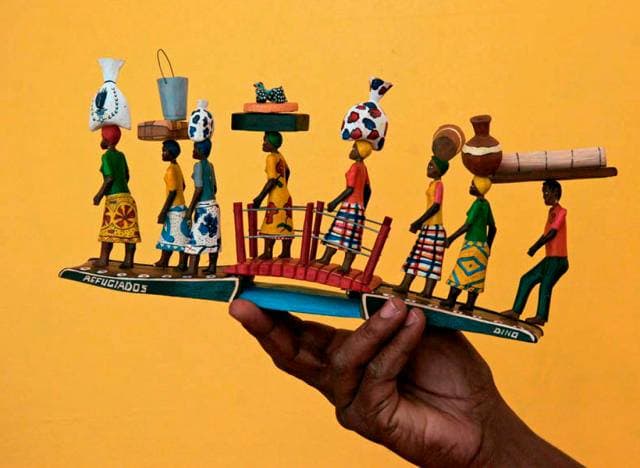There’s this poem that floats around Facebook, Instagram, and wherever kids of immigration dwell: “So, here you are, too foreign for home, too foreign for here. Never enough for both”. It’s meant to capture the struggles and feelings of being an immigrant in America. But, what are these feelings?
It’s the feeling of telling your American friends why you’re not supposed to be out Friday nights.
When you explain why you don’t live a conservative life to aunts and uncles back in the old country.
When you have to defend your cultural norms to blissfully ignorant teachers in middle school.
Those feelings.
There’s a sadness to the quote, as if we, as people born abroad, don’t fully belong to either the countries of our birth or to our adoptive homes…forever stuck in cultural limbo.
But what if this wasn’t the case? There’s no denying that being stuck between two worlds can be isolating. However, there’s a beauty to that limbo. The children of immigrants are born inheritors of two societies. I was born in the windswept hills and valleys of Ethiopia, but was raised in the States. I feel, that in a way, I got the best of both worlds. The opportunities for education that weren’t there in 1990’s Ethiopia, I got in America. The deep familial connection with strangers that was nonexistent in America, I got from my Ethiopian community. Even in the mundane, I lucked out. If I grew bored of Chipotle and Starbucks, I would sample a dizzying array of foods and spices from my home country. If I felt too stifled by the cultural norms of Ethiopia, I could escape into the cityscape of America. This synthesis of worlds allowed me to exist as I wanted. It gave me the choice to pick and choose the things I liked about one culture, and reject the ones I disagreed with; I felt like I had the choice to remake myself on a daily basis.
But why then does the poem still evoke sadness? I think the author, Ijeoma Umebinyuo, was hinting at a deeper truth. Perhaps the quote is not about the cultural labels we put on ourselves, but about the comfort we get from those labels. When I think about my Ethiopian heritage, I feel a deep sense of awe and comfort, not only because I’m an inheritor to over 3000 years of traditions, but because I know that I am supported and nurtured by those traditions and the 100 million other Ethiopians who share my past. The sense of community I, and other immigrants, get from our respective traditions cannot be overstated. We grew up with countless aunts and uncles and cousins and family friends, who were family in all but name. These people made up the thread and fiber of our formative years, helping shape us into the people we are today.
Knowing that I wasn’t fully raised in one culture, but that I was a transplant in another, leeched the warmth from those thoughts. Why? Because I could not pin my sense of identity to one cultural bullseye. Because every day was a decision in who I was. An Ethiopian? An American? An amalgamation of both? Neither? It’s a lot to put on a kid, having to decide their sense of identity, and I feel like people of immigration do that every day in America. Decide. Decide who you want to be, who you want to represent. It’s pressure: to act a certain way, to speak and look and dress a certain way.
To be the cultural ambassadors for your country, when all you want to do is just exist.

Please connect with us if you are seeking support or hoping to learn more about being part of a Supportive, Inclusive, Compassionate, and Kind community:
Join The MindReset!
Check out Events for support groups or live events:
- Follow The MindReset Facebook page
- Follow The MindReset Twitter
- Follow The MindReset Instagram
You are always welcome to connect directly with an individual from TMR at themindreset@gmail.com or (802) 377-MIND.


